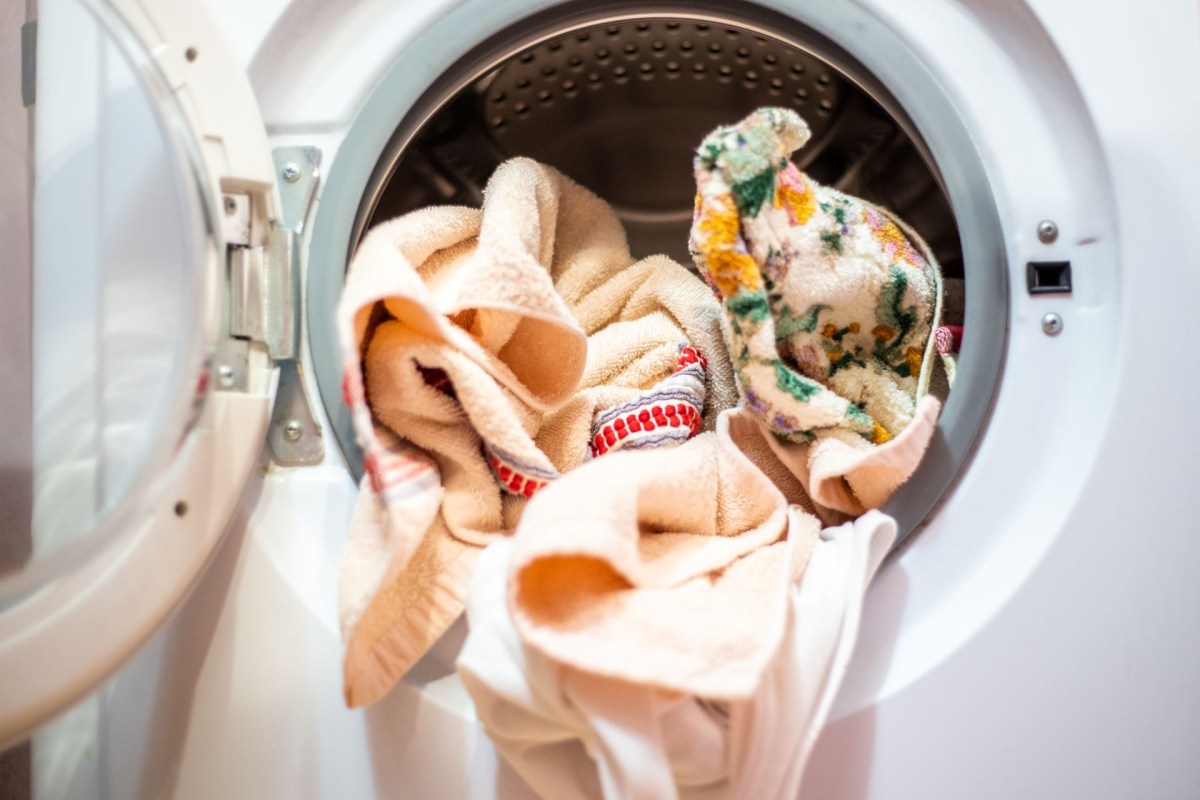At the 2023 Consumer Electronics Show (CES), Samsung announced a partnership with Patagonia that resulted in innovations to massively reduce the amount of microplastic that sheds during cleaning non-natural fibers: a wash cycle that causes less plastic shedding and a filter that can be installed in any appliance that can catch more than half of plastic particles generated in a wash cycle.
"Our ambition is to become the most energy-efficient appliance brand globally, and our latest products and partnerships will help make sustainable living a reality for more people and more communities," Moohyung Lee, EVP and Head of the R&D Team of the Digital Appliances Business at Samsung Electronics, said in a press release.
"Shedding" refers to the process of plastic particles and debris that, due to erosion or friction, fall away from their original product. In the case of clothing, this is most commonly nylon or polyester fibers that find themselves sloughed off during normal wear or when being washed.
Unfortunately, this does not mean that the plastic has broken down. It is still harmful and a problem for the planet, despite its smaller size. Microplastics cause all sorts of damage to living organisms that accidentally consume them, and they have also been found in our bloodstreams.
Switching to less harmful materials in production processes is essential to curbing this problem, especially in the fashion industry.
But in the meantime, for clothing products that already contain these plastic fibers, reducing the likelihood of creating them with a wash cycle and introducing a filter to catch them would go a long way in fighting this pollutant.
Samsung utilized data provided by Patagonia to prove that some of these problems can be addressed in relatively simple yet substantial ways. Samsung's new changes reduce microplastic waste by 54%.
"There was no standard for measuring the effectiveness of microplastics reduction from laundry in the first place," Lee explained of the difficulties the teams faced during the initial development process. "We had to start by exploring and questioning the basics, such as how to collect microplastics from a vast amount of water from laundry, which ingredient would be most effective, how to execute each step of the plan, how to design the washing machine and more."
With any luck, other washing machine manufacturers will follow suit.
This is just one step on the road toward more sustainable industry practices, and plastic pollution will need to be addressed at its source to stop the flow of these tiny particles in waterways.
Until then, modifications like these are a welcome sign of change for a greener future.
Join our free newsletter for cool news and actionable info that makes it easy to help yourself while helping the planet.









